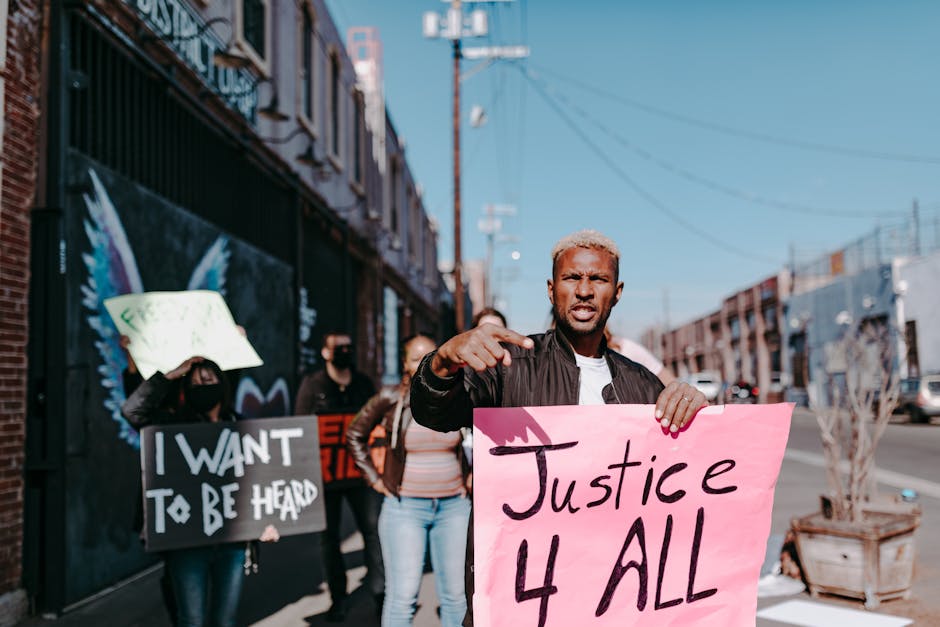In the high-stakes world of presidential politics, a new strategy from Donald J. Trump’s campaign is blurring the lines of transparency. The team is reportedly making a tantalizing offer to its wealthiest backers: contribute millions to the cause, and we can help keep your name out of the public eye.
This proposal is a direct response to an era of intense political polarization. For a high-profile CEO or corporate leader, a seven-figure donation to the Trump campaign is not just a political statement; it’s a potential business risk that can invite boycotts, employee discontent, and public condemnation. Recognizing this hesitation, the campaign’s fundraisers are now offering what amounts to a discretion service for their biggest donors.
How Anonymity is Achieved: Navigating Finance Loopholes
The mechanism for keeping these ballroom donors incognito relies on a sophisticated navigation of America’s complex campaign finance laws. While direct contributions to a candidate’s official campaign (“hard money”) are strictly regulated and must be publicly disclosed by the Federal Election Commission (FEC), the landscape changes dramatically with outside spending groups.
The strategy involves steering massive donations away from the official campaign and towards allied Super PACs or, more opaquely, through non-profit organizations. These non-profits, often designated as 501(c)(4) “social welfare” groups, can engage in significant political activity without having to disclose their donors. By channeling funds through these vehicles, a donor’s identity can be legally shielded from public scrutiny, even as their money works to elect their chosen candidate.
The Campaign’s Logic: Unlocking a New Tier of Funding
For the Trump campaign, the logic is brutally simple. This offer unlocks a new tier of funding from wealthy but risk-averse individuals who might otherwise have stayed on the sidelines. It allows them to tap into a reservoir of capital from supporters who want to back the candidate but cannot afford the public relations fallout.
This approach also cleverly feeds into the campaign’s narrative of a political movement being targeted by a “woke mob,” positioning anonymous donation as a necessary act of defiance in a hostile environment.
Critics Warn of a “Shadow Donor Class”
However, critics and campaign finance watchdogs argue that this practice corrodes the very foundation of democratic accountability. It creates a “shadow donor class”—a group of ultra-wealthy individuals who can pour unlimited, untraceable money into an election to shape its outcome, without ever having to answer for their motivations.
This raises an uncomfortable question for voters: if a candidate is elected with the help of millions in anonymous funding, to whom are they truly beholden? Is it the public, or the invisible benefactors in the ballroom? As the 2024 U.S. election cycle intensifies, this move signals a new, more secretive frontier in political fundraising.




